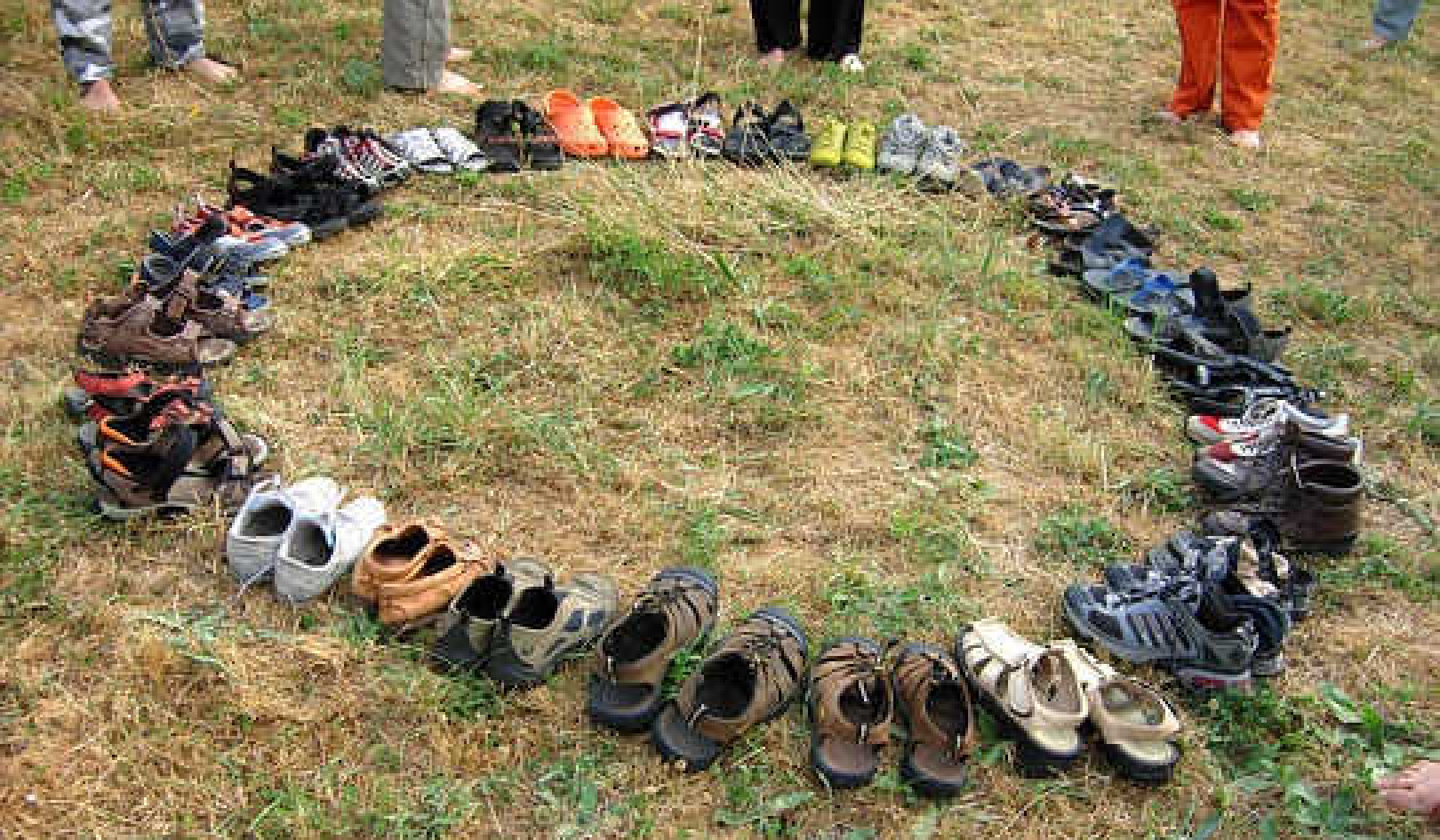 Stay-at-home orders and job cuts are putting family relationships to the test. Klaus Vedfelt/Getty Images
Stay-at-home orders and job cuts are putting family relationships to the test. Klaus Vedfelt/Getty Images
Editor’s Note: With many college students forced to return home due to the COVID-19 pandemic, tensions and arguments are bound to flare up. Here, Matthew Mayhew, an education researcher who co-authored a book about the college experience and its effect on students, offers five things parents and families of the many college students who are now learning from home should consider.
1. Empathize
Whatever feelings of grief and fear are affecting you are also affecting your college students. Put yourself in their shoes – they are probably under just as much stress, if not more, as they try to complete the semester in unexpected ways.
Also, many students might be questioning their decisions to go to college in the first place. Or what school will be like when they return. Can they still choose their roommates? Study abroad? Take some time to ask your child about their educational goals. Many may have shifted based on the major disruptions brought about by COVID-19.
2. Encourage flexibility
Many professors moved their courses online quickly. As a result, some courses are much harder than students anticipated. That’s because professors sometimes try to make up for lack of face-to-face contact with extra assignments, additional exams and the like. This is a time to talk about the importance of being agile dealing with unexpected changes.
3. Take interest in learning
Research has shown and continues to show that making friends is among the top reasons for going to and staying in college. Part of the reason is obvious – students enjoy socializing with friends. Perhaps less obvious is that students need to connect with other students about what they’re learning.
Take the opportunity to ask your kids what they’re learning. After all, employers want to hire graduates who are comfortable with communicating what they learn.
4. Be patient if students can’t find jobs
The sector known as leisure and hospitality saw 459,000 jobs cut in March. This marks the largest monthly decline ever for this area of jobs.
Given the abrupt and fundamental shift COVID-19 has induced on the service industry, manage your expectations about your adult children getting a job, as well as with regard to what they can contribute financially to the household. This may be even harder for low-income families. The reality is that other workers are taking jobs college students used to do.
5. Don’t expect new college grads to land their dream job soon
Let’s face it – most people go to college to land a good job that pays well. In fact, our research has shown that a college education – despite its steep costs – boosts what graduates earn over time.
Research suggests that misfortunes such as the COVID-19 pandemic may linger for years afterward in the form of lower pay.
Parents need to remember that graduating students just had the rug pulled out from underneath them during the last leg of their journey and are likely worried about their next steps. Try not to pressure graduating students to land their ideal job right now.
About The Author
Matthew J. Mayhew, William Ray and Marie Adamson Flesher Professor of Educational Administration, The Ohio State University
This article is republished from The Conversation under a Creative Commons license. Read the original article.

Related Books:
Here are 5 non-fiction books on parenting that are currently Best Sellers on Amazon.com:The Whole-Brain Child: 12 Revolutionary Strategies to Nurture Your Child's Developing Mind
by Daniel J. Siegel and Tina Payne Bryson
This book provides practical strategies for parents to help their children develop emotional intelligence, self-regulation, and resilience using insights from neuroscience.
Click for more info or to order
No-Drama Discipline: The Whole-Brain Way to Calm the Chaos and Nurture Your Child's Developing Mind
by Daniel J. Siegel and Tina Payne Bryson
The authors of The Whole-Brain Child offer guidance for parents to discipline their children in a way that promotes emotional regulation, problem-solving, and empathy.
Click for more info or to order
How to Talk So Kids Will Listen & Listen So Kids Will Talk
by Adele Faber and Elaine Mazlish
This classic book provides practical communication techniques for parents to connect with their children and foster cooperation and respect.
Click for more info or to order
The Montessori Toddler: A Parent's Guide to Raising a Curious and Responsible Human Being
by Simone Davies
This guide offers insights and strategies for parents to implement Montessori principles at home and foster their toddler's natural curiosity, independence, and love of learning.
Click for more info or to order
Peaceful Parent, Happy Kids: How to Stop Yelling and Start Connecting
by Dr. Laura Markham
This book offers practical guidance for parents to shift their mindset and communication style to foster connection, empathy, and cooperation with their children.























